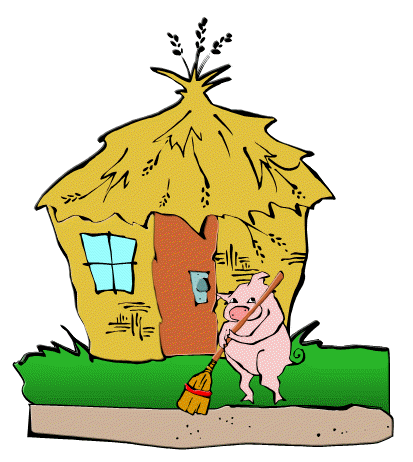This month's theme was water. The presentations were wide-ranging: water as a cause of war, a source of disease, a fascinating part of our local landscape. The most important message was that 'Water is an energy issue'. Some 5% of world energy is used in pumping our water . . . and sewage.
You can't talk water, it seems, without also talking dirty. We learned how it is fairly recently that we have used water as profligately as we do now, largely as a channel for taking our wastes out of sight and out of smelling distance, thus effectively removing them from our minds. But not from the environment, of course. For they remain just a short distance from us, in rivers and seas, decomposing and providing a friendly home to bacteria and viruses.
Yet just as I have had to learn on the farm that dung is our friend, so can we form a much closer relationship with our wastes. It emerged that many who were at the discussion already proudly fill piss-pots which they use as compost activators. Human 'solid waste' still seems hedged around with taboos, as I have felt impelled to head it round with quotation marks. It can provide excellent fertiliser when treated suitably.
The solutions to the problem of water and waste are very local indeed. The model appears to be to turn your home into a water recycling unit. By taking the rainwater from the roof and the barely soiled water pumped to your home and circulating them you can minimise the need to bring water in and send sewage out.
Why aren't more people doing this? The pressure of the market and of making profits appears to be the culprit again. It is at the points that water enters and leaves the home that profits can be made, hence the political pressure to keep us all tied into a vast, bureaucratic water system rather than playing our role as part of Nature's water cycle.
So, a lot was learned, although the content of the learning was perhaps something we already knew. The economic system Marx called capitalism is just not a very good way of organising things, and taking more responsibility and doing things on a smaller scale can usually work better. A simple, but important message that is being relearned through various more or less savoury media.
Tweet




